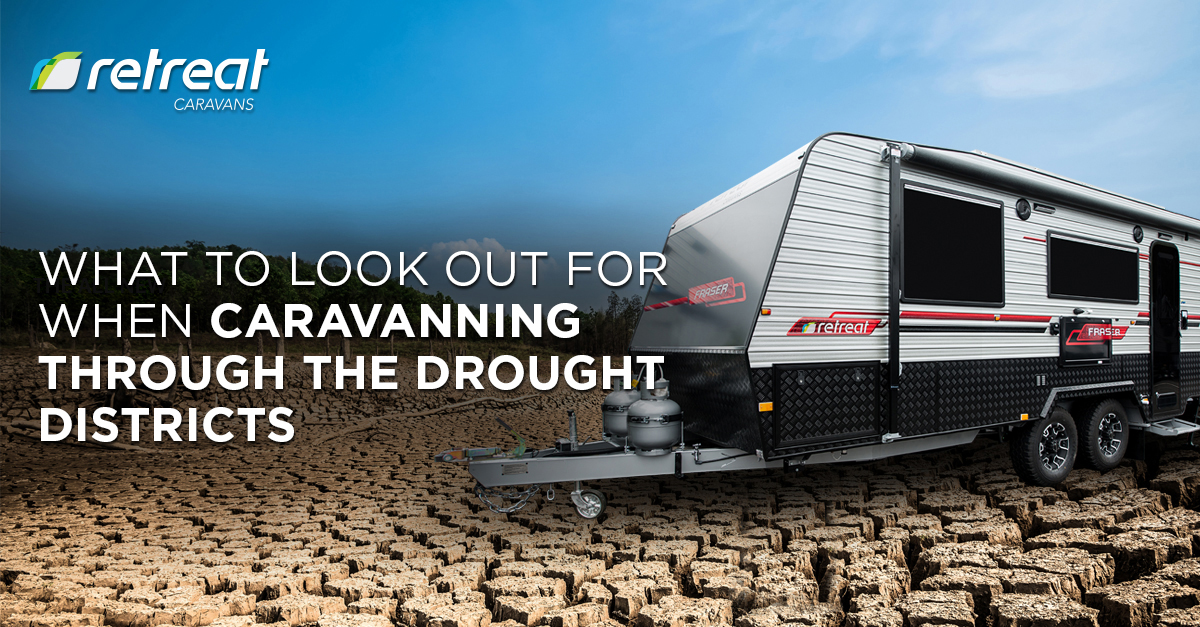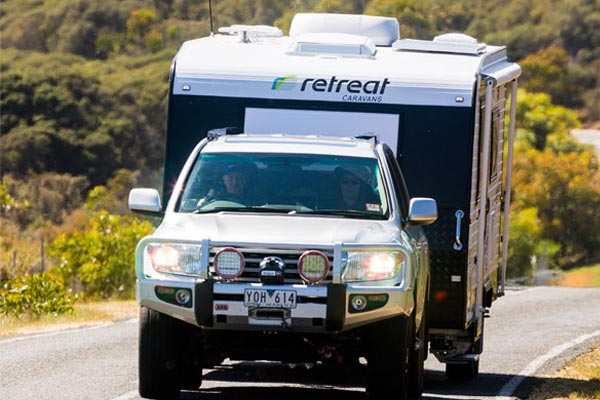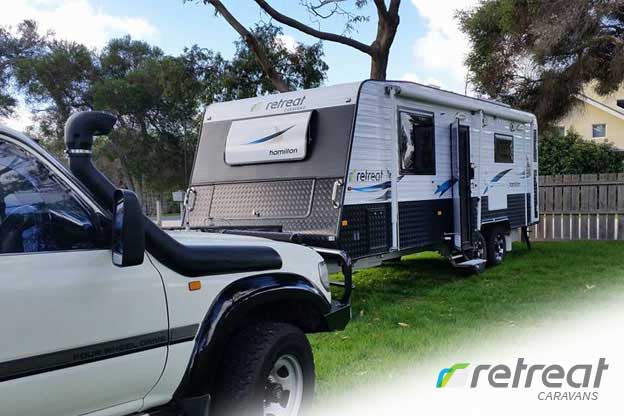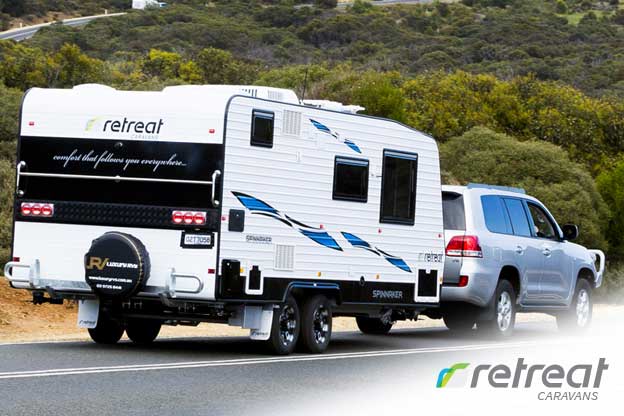
What to Look Out for When Caravanning through the Drought Districts
The outback areas present conditions that you don’t encounter every day with your luxury caravans. But these may be what pique your curiosity and prompt you to explore the countryside. There’s so much beauty in the middle of the outback – where nature is at its best.
There are challenges, but 4 wheelers and off-road caravans make sure you can meet these head on. You just need to know how to maneuver your way through. Here are the things to watch out for so you would have a more enjoyable adventure in the drought districts.
Track and road conditions

Being far-flung places, some roads in these areas are usually less maintained. And they might be in a less-than-ideal condition. Thus, check beforehand with the local authorities if there are any road that is not passable, lest you get stranded.
If there are doubts, the local authorities should be able to advise you on alternative routes.
Nonetheless, it’s better to be prepared to use corrugated outback tracks and less frequently maintained routes by:
1. Dropping your tire pressure and limiting your speed
The general rule is to decrease the tyre pressure on both the van and vehicle by 20 percent. Likewise, maintain your road speed at 60 – 70 kilometres per hour.
When the corrugations on your track are severe, they cause too much heat to build up on shock absorbers. For this, you should make frequent stops so that the shock absorbers can cool down.
2. Watching your load
How much load you are carrying will be a factor when you driving on bumpy areas, more so when you’re driving through sand. Remember to reduce your tire pressure between 20 to 35+ percent depending on the conditions of the sand.
With tyre pressures of between 16psi and 18psi, you may reverse backward and forward and be able to compact the sand and free your tires from sand.
3. Watching the track while driving
You need to be vigilant when you are traveling the outback. Watch out for potholes, a tree trunk blocking the way, a sharp stone or stick standing upright and such like tell-tale signs.
Hitting a pothole at high speed can cause significant suspension damage while a broken stone or stick could puncture the tires.
Signs of mechanical damage to your vehicle
Travelling in remote districts causes additional strain and stress on your vehicle’s mechanical components. You’ll feel or hear something when there is something wrong with your car. Don’t wait for the damage to worsen. And make it a habit to check under the vehicle and under the bonnet everyday.
More specifically, look for any oil leak from the engine, shock absorbers, and transmission. Make sure your radiator coolant is working properly. Check your brake fluid level, battery terminals and fluid level, engine oil level and the oil level of your auto transmission.
Always carry all the needed oils and fluids so that in case you encounter a leak, you will get stuck in the middle of nowhere without help… which leads us to the next key thing to look out for
Means of communication

Mobile phones may be a not have a signal in the remote outback.
Better to have a satellite phone. This normally has nationwide coverage.
Alternatively, you could have a low-cost emergency position-indicating radio beacon (EPIRB). But only use this when you’re in a life- threatening situation. Otherwise, a personal tracking device is enough for people to keep tabs on your location.
Your personal safety

Keeping your rig and vehicle safe is important, but it’s more important that you and your family are safe.
Be ready for any emergency by keeping your first aid kit handy and have first aid training before a trip. Better if you and another person would undergo the training, in case you would need the emergency relief or you need assistance to administer the first aid procedure. Read our previous post about safety:
– Caravan Road Safety: The Top Causes of Caravan Accidents
Conclusion
All this preparation may sound overwhelming but would come in handy in any form of emergency in the country’s drought districts. In exchange of this is that you will have no worries when traveling and that you get to enjoy that holiday you deserve with friend and family.







